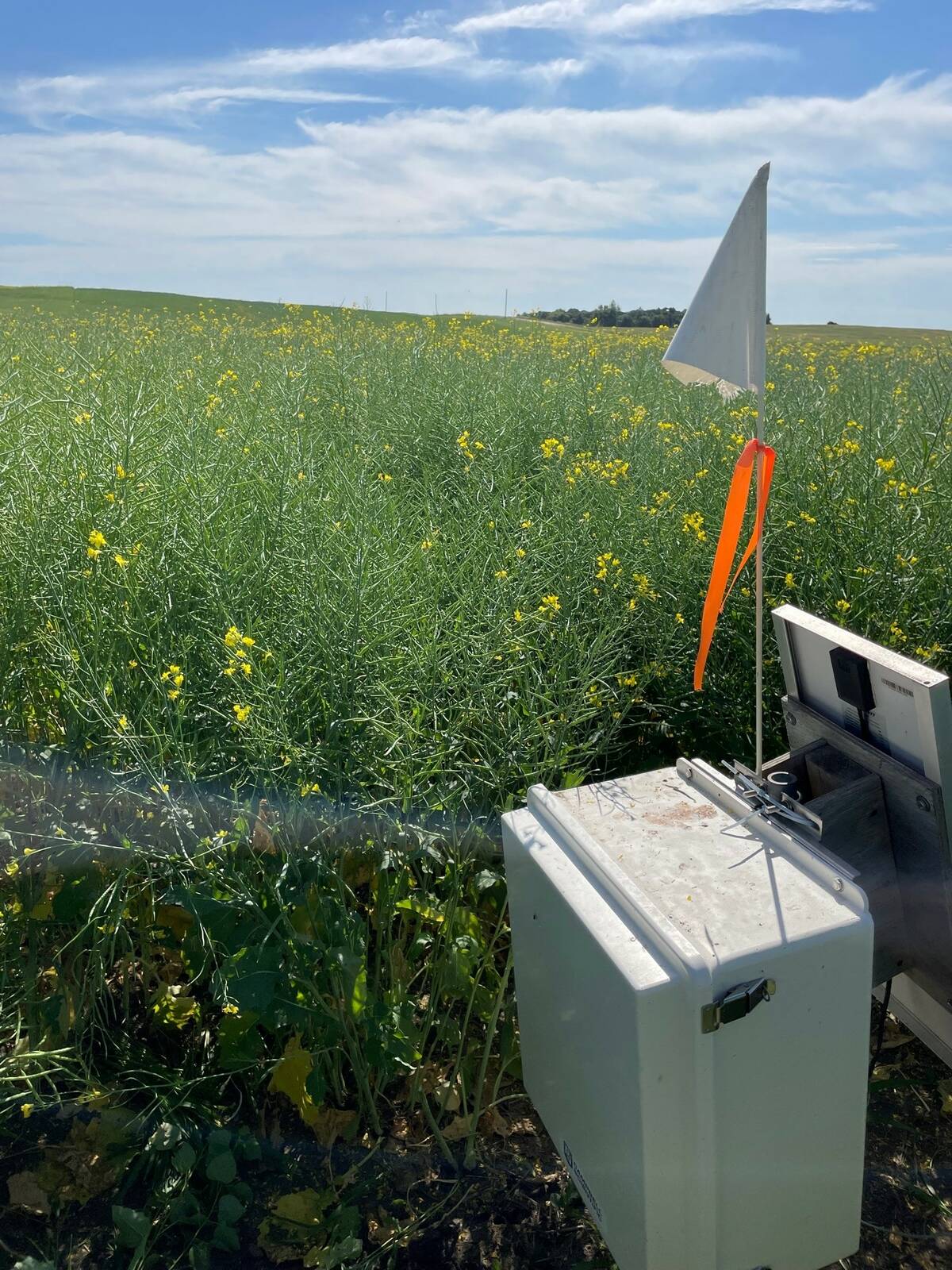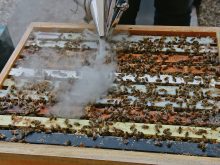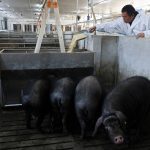In this year of celebrating Canadian anniversaries, one has passed by with almost no notice.
Well at least until Ron Doering pointed out that the Canadian Food Inspection Agency, which he helped create, passed its 20th anniversary in April. Doering led the team of federal officials who drafted the plan in 1995 to extract food safety duties out of various federal government departments and agencies and place them into a new body.
“The CFIA has met most of our original expectations,” Doering said. “While there have been bumps along the road, Canadians should be proud of the CFIA’s many achievements. Its anniversary should be celebrated.”
Read Also

Where’s the water? RISMA knows
National soil moisture sensor network gives real-time data for Manitoba farmers fighting more frequent drought or flood.
Doering said the 15th anniversary rated a press release; the 20th got zero recognition. “I was surprised there was no press release pointing out the milestone.
“With an annual budget of over $700 million and over 6,000 staff the CFIA is, by far, Canada’s largest science-based regulatory agency, respected within the federal system, by the provinces and admired around the world as a model.”
Doering, who served as president of the agency for several years before retiring, said there were five broad objectives for the CFIA. It has certainly met three of them and the other two could be advanced in the next couple of years.
It has improved the effectiveness and efficiency of federal food inspection, brought in integrated governance of food safety and plant and animal health, and enhanced international market access.
The two objectives still needing completion are improving federal and provincial food safety regulatory harmonization and modernizing food law in Canada.
Provinces still set their own standards rather than utilizing national ones for food processors operating solely within the province, he said. The Canadian Free Trade Agreement could finally push provincial governments into adopting national standards.
Meanwhile the integration of federal acts and regulations proposed under the Safe Food for Canadians Act, passed in 2013, is still under discussion with the food industry. Completion of that process could move food law ahead.
Contrary to Doering’s praise, agri-food industry officials often bemoan the current state of the CFIA, largely run by executives with little knowledge of the agri-food industry, who treat their time at CFIA as a training ground for other postings in government. The consultation sessions on the Safe Food Act were more about being talked at by CFIA officials rather than asked for their views, executives complained.
Food safety inspections of processing facilities should be a joint company-CFIA exercise in making sure safety procedures are up to date and fully implemented rather than a search for a violation that be cited, they said.














